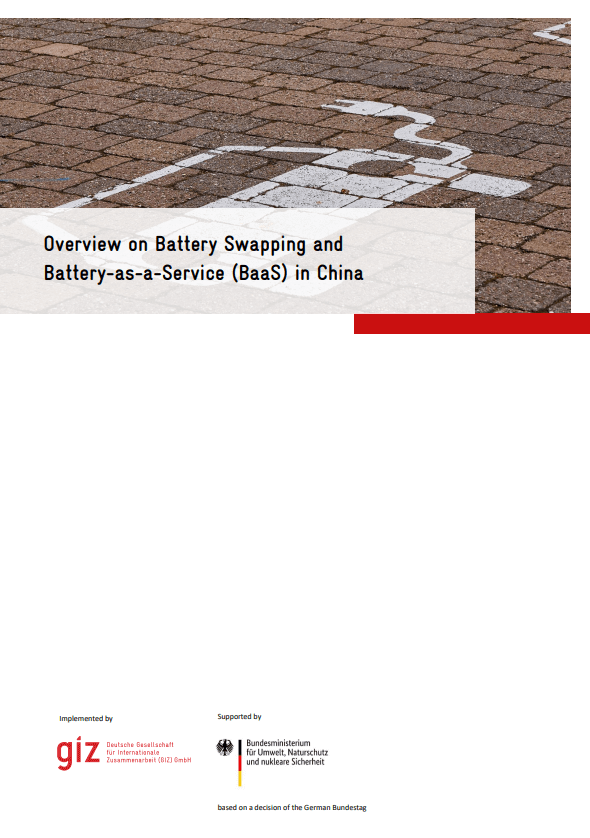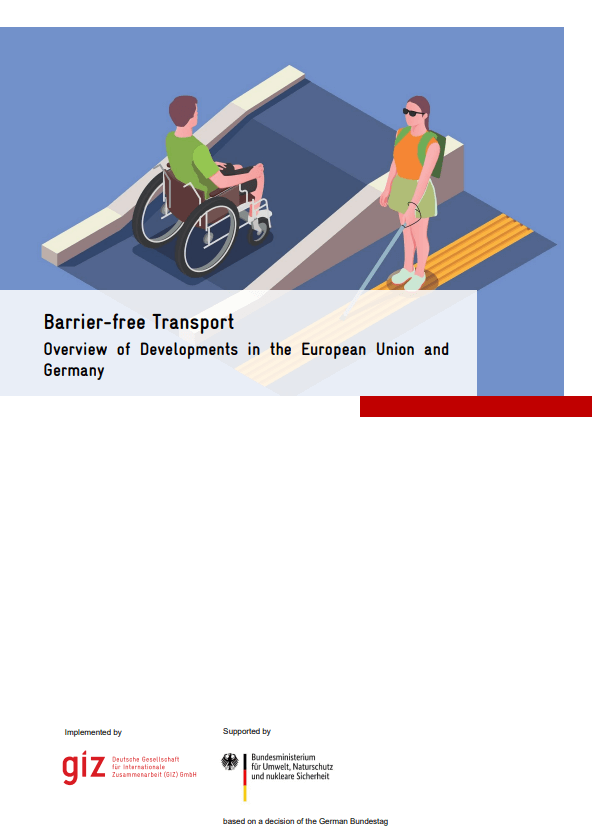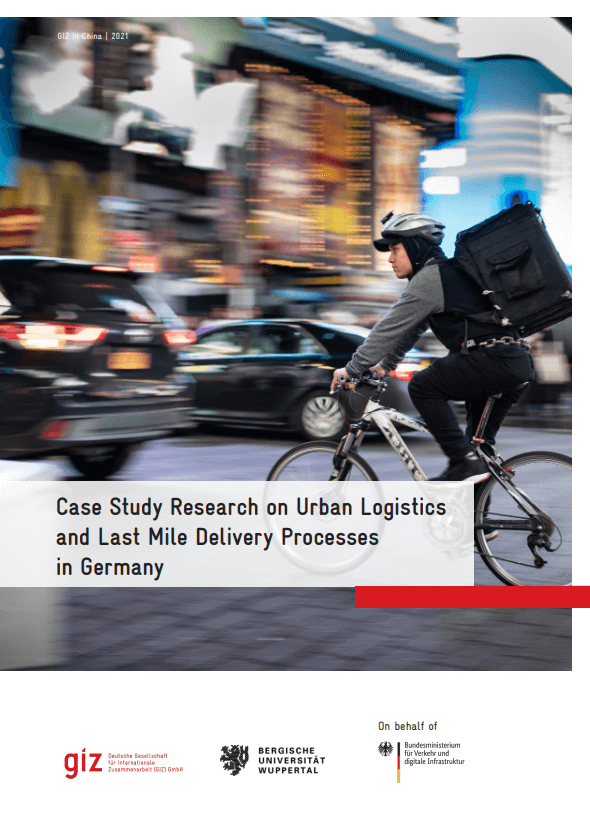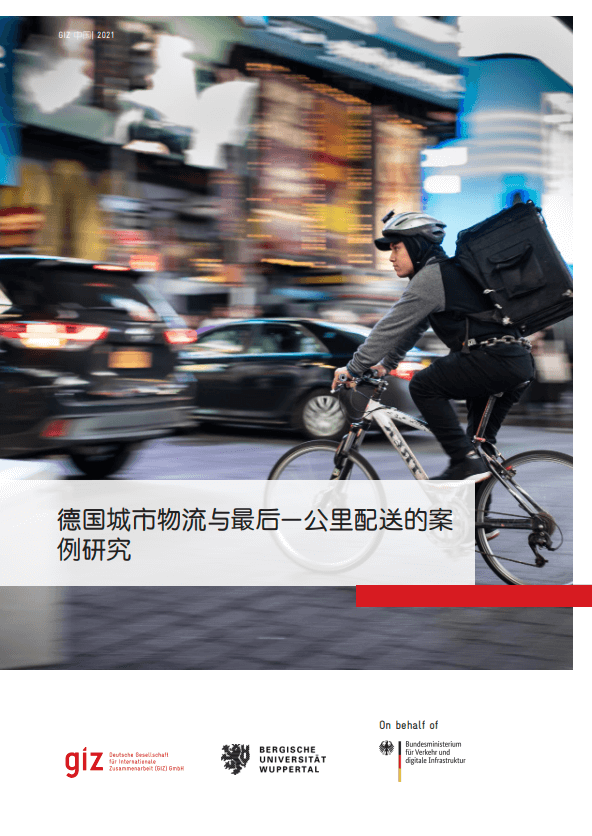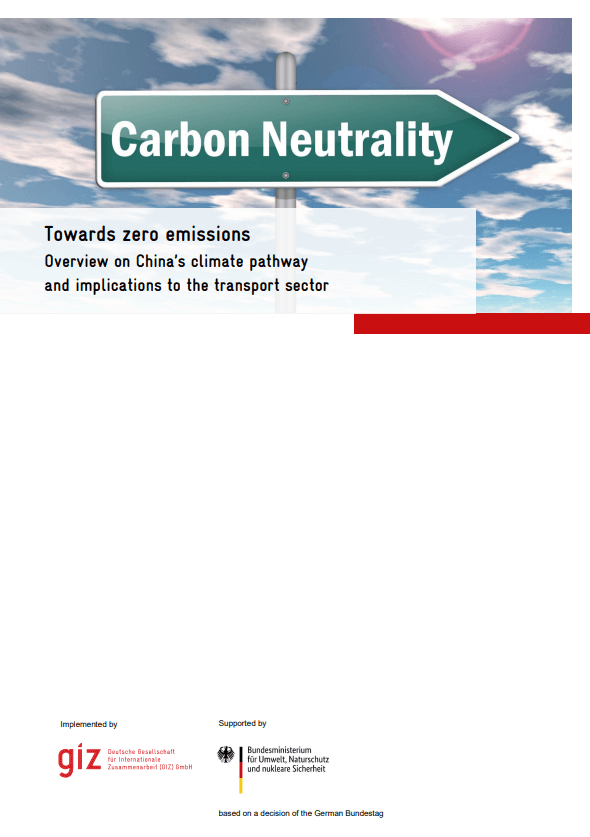New Energy Vehicles (NEV) and in particular battery electric vehicles are widely seen as key to make transport more sustainable and climate-friendly, and, in line with the promotion of renewable energy, to reach the climate targets of the Paris Agreement. In its current stage, the direct electrification of vehicles comes along with challenges. Even though significant advancements in battery and charging technology and infrastructure were achieved in recent years, a key concern regarding battery electric propulsion is the relative limitation of range compared to the internal combustion engine (ICE) and the time needed to recharge the batteries. In addition, worries about battery depreciation and high costs are often hindering customers from switching from ICE to battery electric vehicles. Battery swapping promises to solve those issues by, as a complement to conventional charging, allowing the change of battery packs within minutes.
In addition to battery swapping technology, Battery-as-a-Service (BaaS) is offering innovative business models linked to the energy sector. BaaS is typically defined as a service model enabling people to buy an electric car without buying its battery pack where customers can sign up for energy plans paying monthly rental fees for battery use, being able to choose battery packs of different capacities.

